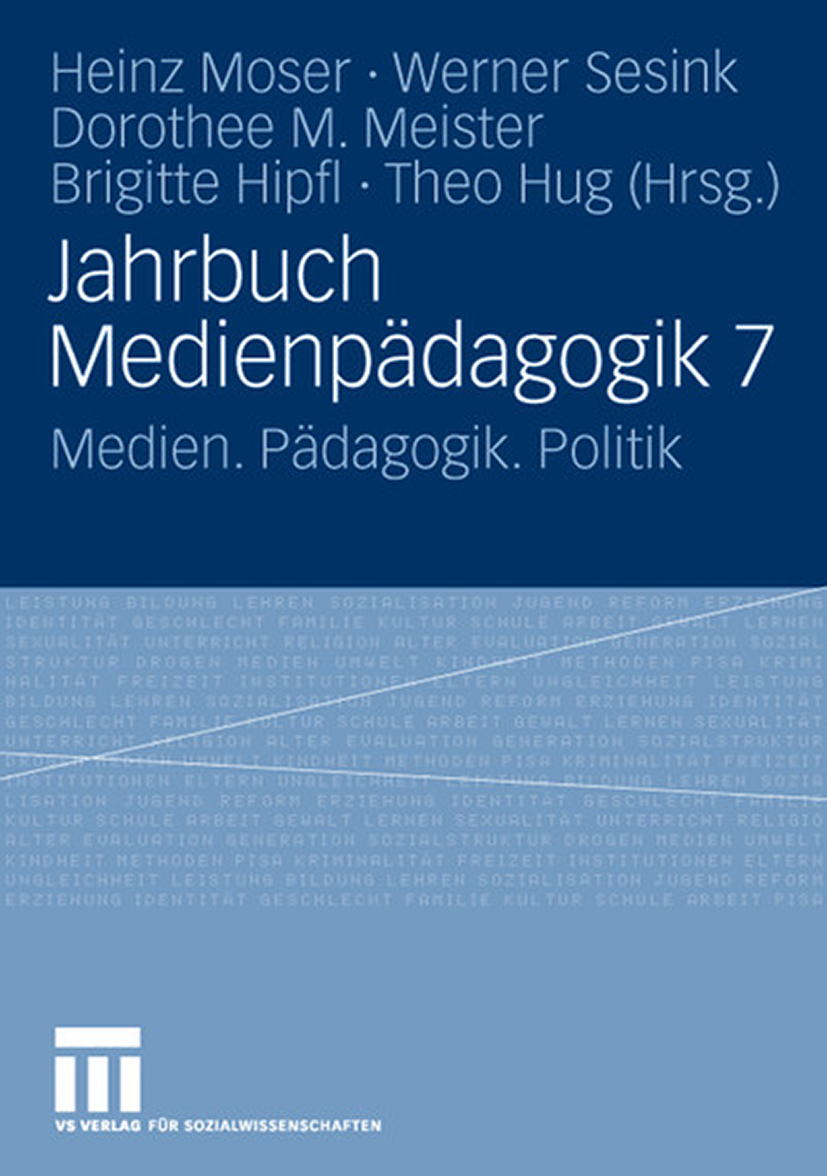Abstract
The term "disaffection with politics" is currently in vogue. It follows that of "disenchantment with politics", which was in public discussion in the 1990s. The term was attributed to young people in particular and was reflected in the increasing reluctance to vote and the lack of new party members (cf. Gaiser 2001). In this respect, there was and still is in Germany as well as in other countries of Central Europe a 'disenchantment' especially with 'official' politics, the establishment, which does not mean, however, that young people turn away in principle from political events and political concerns (cf. Eggert & Lauber 2004). The Shell studies indicate that young people's interest in political decision-making processes has declined continuously over the past 15 years, but stabilised at the time of the last survey. Accordingly, 39% of the 2532 young people aged 15 to 24 surveyed describe themselves as politically interested. Ten years ago, on the other hand, 47% of respondents said they were politically interested, and in 1984 it was 55% of the young people surveyed (Schneekloth 2006: 104ff.). Boys are currently more interested than girls, and older young people are more likely than younger ones to be concerned with political issues. For better educated young people, however, it is more natural to deal with political issues than for young people who attend or have attended a Hauptschule or Realschule.
